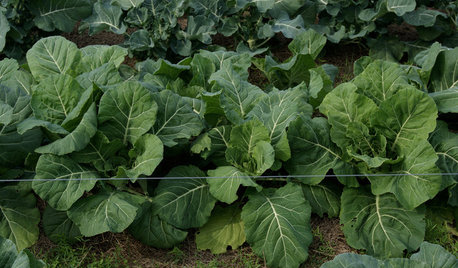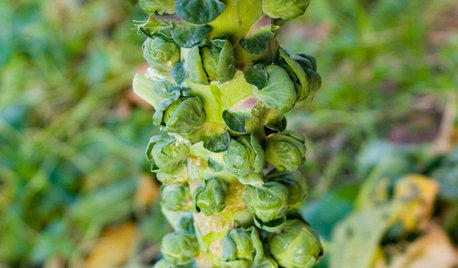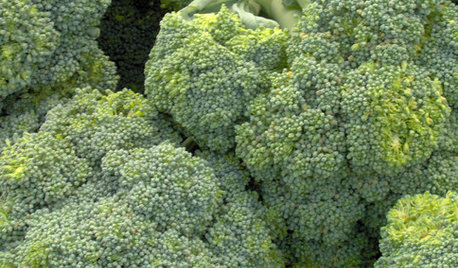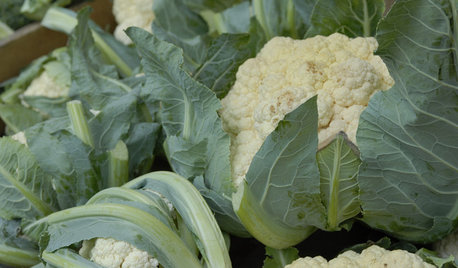harlequin bugs
kohelet
16 years ago
Featured Answer
Sort by:Oldest
Comments (15)
Kimmsr
16 years agokohelet
16 years agoRelated Professionals
Clark Landscape Architects & Landscape Designers · Marina Landscape Architects & Landscape Designers · Westwood Landscape Contractors · Clayton Landscape Contractors · Lakeville Landscape Contractors · Athens Decks, Patios & Outdoor Enclosures · Champaign Decks, Patios & Outdoor Enclosures · Larkspur Decks, Patios & Outdoor Enclosures · Manchester Decks, Patios & Outdoor Enclosures · Midwest City Decks, Patios & Outdoor Enclosures · Parker Decks, Patios & Outdoor Enclosures · Puyallup Decks, Patios & Outdoor Enclosures · Riverside Decks, Patios & Outdoor Enclosures · Watauga Decks, Patios & Outdoor Enclosures · Archdale Stone, Pavers & Concretebooliebumpskie
14 years agocabrita
14 years agojustaguy2
14 years agoKimmsr
14 years agoanney
14 years agoKimmsr
14 years agodimiessler
13 years agonesto514_cantv_net
13 years agoEatMyYard
11 years agoEatMyYard
11 years agoKimmsr
11 years agomannepowell
11 years ago
Related Stories

GARDENING GUIDESOrganic Matters: Thwart Insect Pests With Trap Crops
Add a few sacrificial plants to your garden to lure insects away from the harvest
Full Story
PRODUCT PICKSGuest Picks: 20 Accessories With an English Garden Air
Brighten your rooms year-round with blooming wallpaper, bedding and other pretty accents for the home
Full Story
COOL-SEASON CROPSCool-Season Vegetables: How to Grow Collards
Look out, spinach. For fall and spring gardens with a little heat, collard greens may be the better choice
Full Story0

COOL-SEASON CROPSCool-Season Vegetables: How to Grow Brussels Sprouts
If you love 'em (you know who you are), fall and spring are the right times for planting these veggies in your edible garden
Full Story0

COOL-SEASON CROPSCool-Season Vegetables: How to Grow Broccoli
Packed with vitamins, broccoli is a nutritional powerhouse and is easy to grow in a fall or spring garden
Full Story
GARDENING GUIDESCool-Season Vegetables: How to Grow Cauliflower
It may be fussy about growing conditions, but the taste of cauliflower fresh from your fall garden is worth the effort
Full Story







Kimmsr